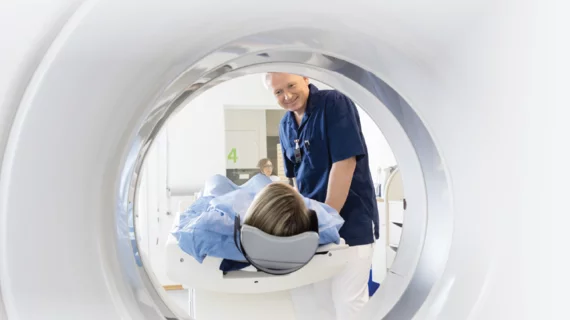ACR responds to JAMA study on rising medical imaging use
The ACR released a statement urging more nuanced conclusions should be drawn from a Sept. 3 study published by JAMA that found the use of medical imaging continues to grow despite efforts to curb overutilization.
The study found that growth in imaging did level off in the early 2000s, but has increased more recently for CT and MRI among most patients. In its statement, the ACR argued that imaging use has decreased as technology has matured and that imaging is more cost-effective than performing surgery.
“Scans reduce unnecessary hospital admissions and length of hospital stays,” the statement read. “Imaging is directly linked to greater life expectancy and declines in mortality. Americans with greater access to imaging live longer than those with lesser access.”
Additionally, the ACR pointed to the CMS mandate going into effect Jan. 1, 2020 that requires clinicians consult appropriate use criteria-based clinical decision support when ordering MRI, CT, nuclear medicine and PET exams for Medicare outpatients.
“Greater use of CDS is the primary step to assuring that patients who need imaging receive the best test for their condition and that patients who do not need a scan avoid unnecessary care,” according to the statement. “CDS does this via transparent, evidence-based, point of care guidance that does not delay needed care or interfere in doctor-patient decisions.”
Multiple studies have sought to examine how CDS may impact imaging order appropriateness. Research published July 17, in the American Journal of Roentgenology found CDS use resulted in “modest but significant improvement” in imaging order appropriateness scores.
Another study published April 12, in PLOS One found a CDS tool reduced targeted scans by 6%, with CT scans reduced by 9% overall.

